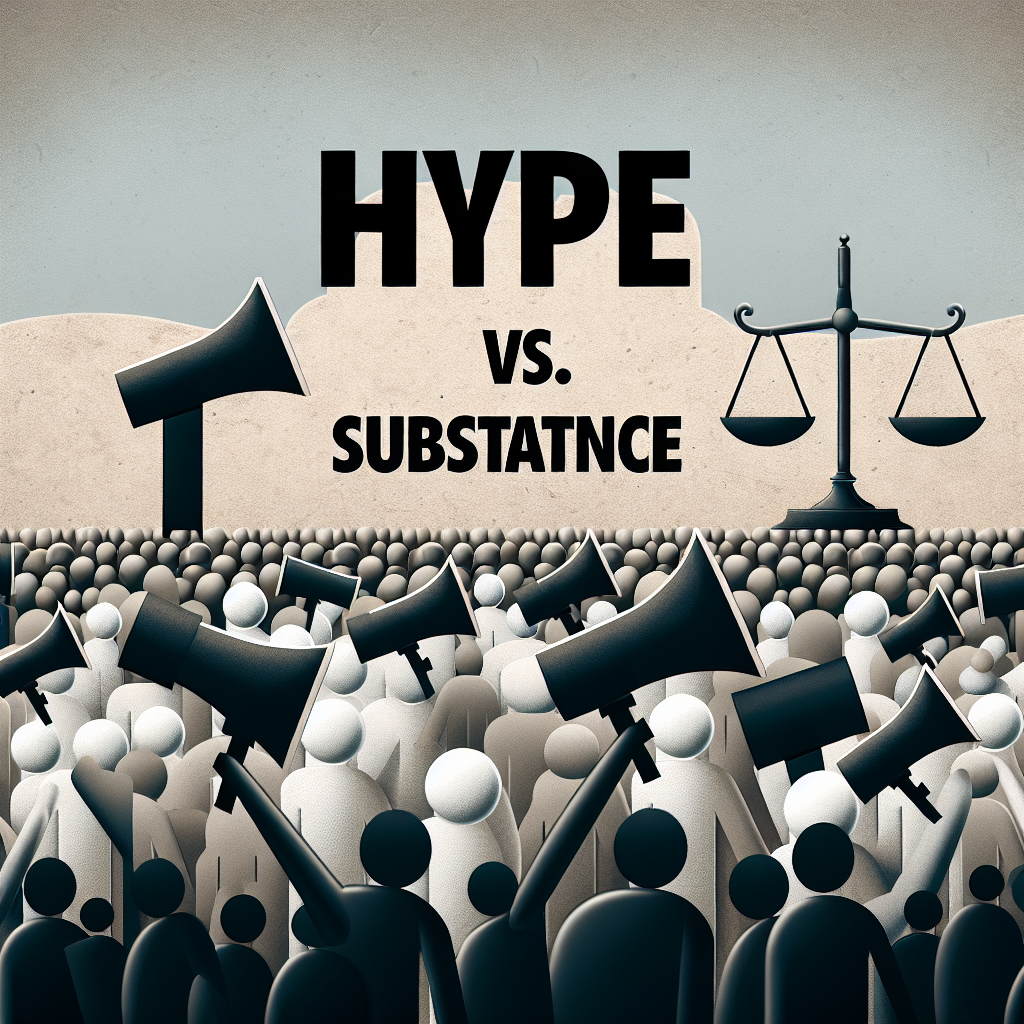In recent times, racial justice protests have ushered in a new era. Behind the chants and placards lie another form of revolution – a technological one. In this piece, we will delve into its intricacies from an uncommon viewpoint; through the lens of a seemingly unrelated sector – fashion.
When you think about it though, there’s no better angle to approach such a topic other than through an industry that mirrors societal shifts so intensely. Fashion has always been more than just clothes; it’s an expression of identity and culture.
Fashion Trend
Across platforms like Instagram and Pinterest, social-justice-themed clothing has surged into mainstream consciousness like never before. QR-coded shirts leading directly to educational materials about racial injustice or sweaters emblazoned with protest slogans are reshaping our understanding of activism in our digital reality.

Designer Vision
Inspired by their personal experiences, black techies turned designers such as Jade Douse are harnessing AR technology to create virtual garments carrying powerful anti-racism messages purchasable as NFTs—an innovation unheard-of years ago but crucial today when virtual expression is just as impactful as physical presence.
Manufacturing Process
The use of AI in designing these revolutionary pieces ensures not just bespoke aesthetics but timely production speed fitting for fast-moving digital trends prevalent in discourse around race issues.
Market Response
An array of consumers has embraced the trend of social-expression fashion, leading to significant sales increase for brands involving themselves in this movement. Data shows that companies championing such causes experience more online visibility and engagement than those who don't.
Cultural Influence
These technological initiatives have helped ensure that the racial justice movement’s message extends far beyond protest lines. They have shaped conversation norms on social media, emphasizing personal responsibility in effecting change even via our wardrobes.
Sustainability Focus
In addition to fighting racism, many brands are leveraging technology to produce eco-friendly products therefore embodying a double advocacy – one against racial injustice and another toward environmental care.
Consumer Behavior
The decision patterns amongst consumers show a shift towards ethical choices. Buyers now research where their items come from and how they affect society before purchasing; forcing traditional brands' race for sustainability adoption lest they get left behind.
Industry Challenges
- Fashiontech faces unique challenges too: How does one scale while maintaining sustainable practices? There is the issue of data privacy concerning AI use. The industry struggles with regulatory ambiguity over tech-driven apparel like NFTs as it’s unchartered territory legally speaking.
Future Directions
This hybridization of fashion and technology for racial justice is likely only its infancy stage. We can expect greater personalization through AI and widespread acceptance of virtual clothing expressions as metaverses evolve into everyday life spaces.
Cultural Impact In shaping how protests are perceived by altering human behavior patterns around consumption, digital protests’ impact reaches beyond immediate calling attention to racial injustices but possibly fostering long-lasting societal shifts towards equality respect through innovative means.

